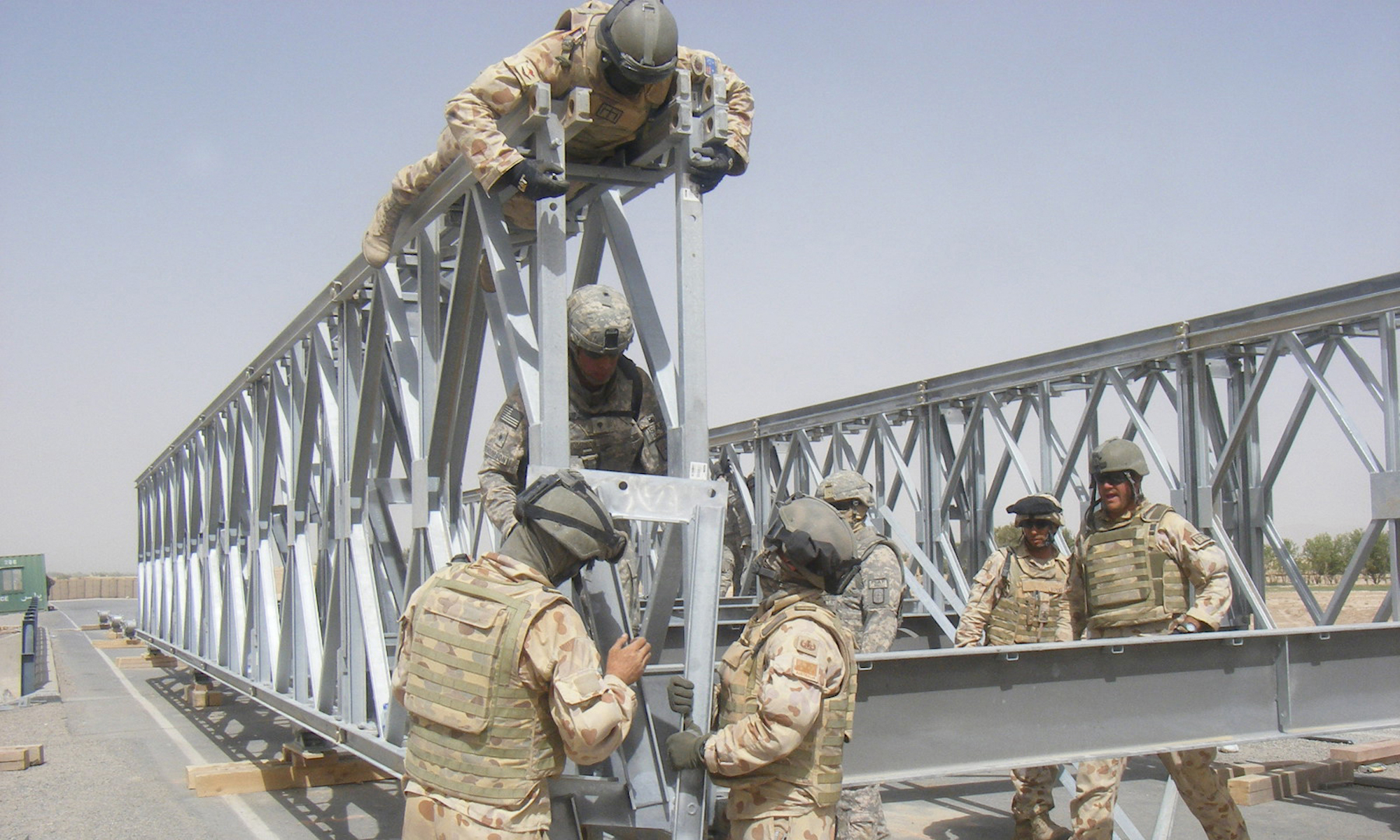A tense relationship has marked decades of interaction between Arab regimes and their civil societies in the areas of human rights, democracy, governance reform, justice and reconciliation. While the role of civil society in development, humanitarian and environmental issues has generally been tolerated more easily by Arab governments, the same cannot be said for the areas just mentioned. In recent years there has been greater awareness of the increasing importance of civil society in assisting governments to push forward the wheel of development. There exists, though, no clear assessment of the role of civil society in reform movements or the degree and seriousness of their involvement to date. This article aims to contribute to closing this gap by exploring crucial civil society functions – strengthening civic engagement and community-empowerment – in the specific context of the Arab world, and by introducing the work of a number of organisations in this region. The next section briefly discusses the role of Arab civil society organisations (CSOs) and NGOs and explains some of their functions. Section three reflects on traditional conflict resolution and reconciliation methods and their relation to the “Western field” of conflict resolution. Section four presents cases from Lebanon and Morocco, looking at concrete projects, objectives and achievements of organisations, while section five discusses common challenges. The final section identifies possible next steps in light of the current political developments in the region.

INSCT Postconflict Research Database
The Institute for National Security and Counterterrorism's Postconflict Research Database & Analysis Project stores cross-indexed bibliographic information on hundreds of journal articles, books, book chapters, and case reports that address the broad, interdisciplinary fields of postconflict reconstruction, stabilization, and peacebuilding.